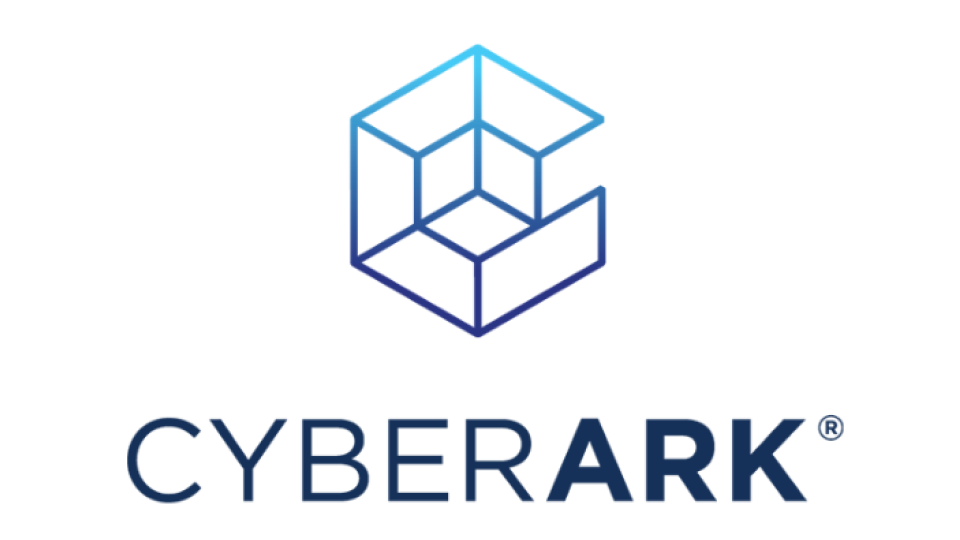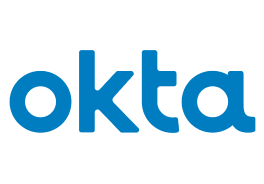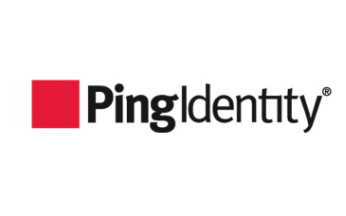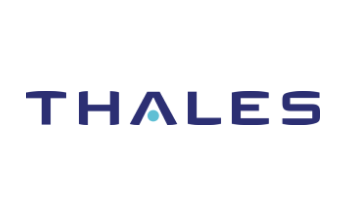Identity and Access Management (IAM) is the name given to software that is used by organizations to assign appropriate permission to users or groups based on what level of access they require. IAM creates a barrier between sensitive data or critical enterprise assets, and those who are not authorized to access them. It is, therefore, a critical component of any enterprise’s security program.
Comprehensive IAM allows organizations to effectively secure their people and data, meet regulatory compliance requirements, reduce costs, and simplify the user experience, without a drop in standards. The market for IAM solutions has been steadily growing year on year, but saw a jump in demand as a result of the Covid-19 pandemic and the Russia-Ukraine war. The global market for consumer identity and access management is estimated to grow at a CAGR (Compound Annual Growth Rate) of 14.9% during the forecast period 2022-2028.
Azure Active Directory (Azure AD) is an enterprise cloud-based IAM solution from Microsoft – it is the backbone of the Office 365 system. This is an enterprise identity service which enables admins to manage to entire lifecycle of user identities, from onboarding and access provisioning to off-boarding.
Alongside identity management, Azure AD also provides many identity security controls, including multi-factor authentication and single sign-on. If you are considering Azure Active Directory for these security tools, you may wish to look at competitor offerings. To avoid getting bogged down in choice, read on to see our top picks for suitable alternative to Microsoft Azure Active Directory.
It should be noted that many, if not all, of the solutions on this list will also integrate with Azure Active Directory, and work alongside the platform to enhance security controls and governance capabilities, or for deploying users and leveraging existing Microsoft credentials.

















